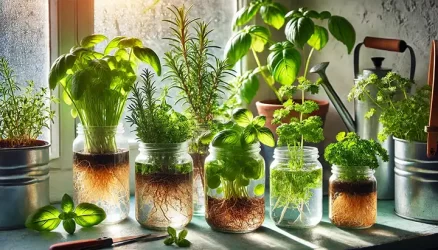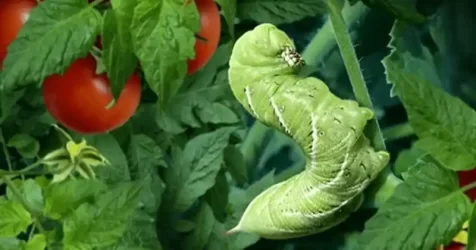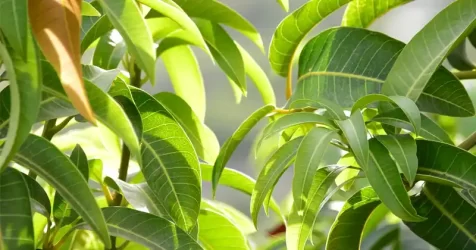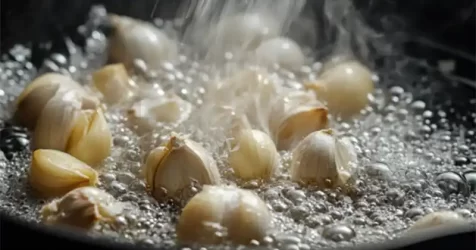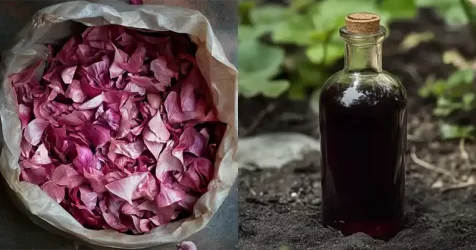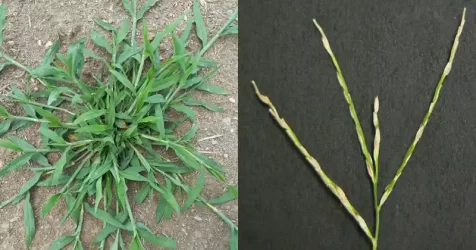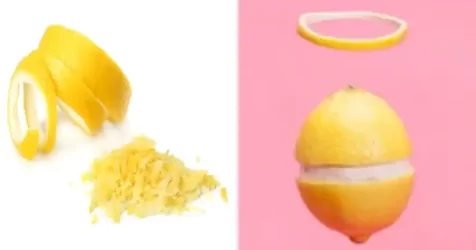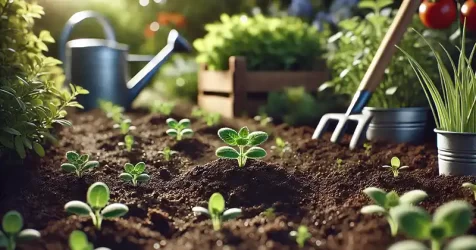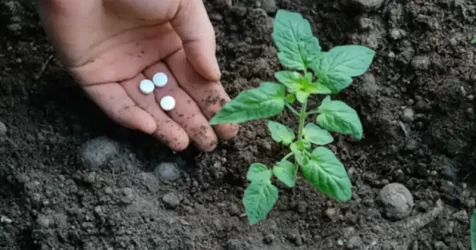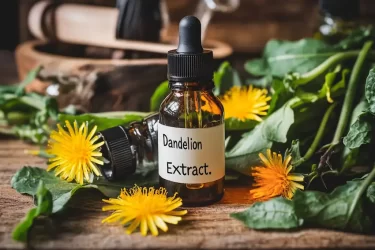Transforming Kitchen Scraps into Garden Gold: A Comprehensive Guide
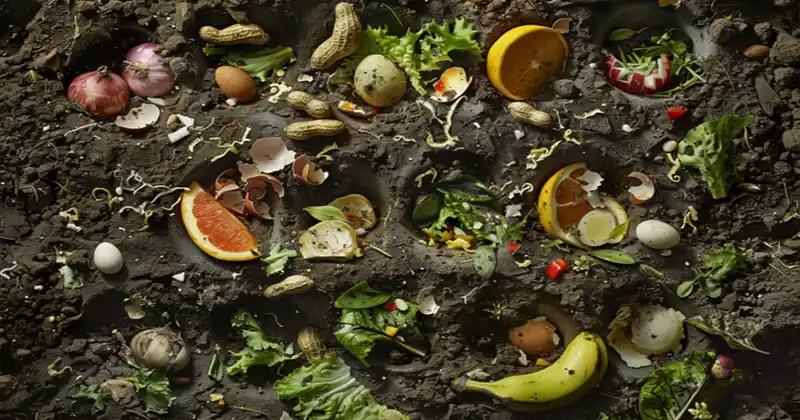
In the quest for sustainability and organic gardening, the practice of recycling kitchen scraps into the soil has gained momentum. This innovative approach not only reduces waste but also enriches the soil, turning your garden into a thriving oasis. Here, we delve into the methodology and benefits of incorporating various kitchen scraps into your garden soil, fostering a fertile and productive environment for your plants.
The Science Behind the Scraps
The concept is simple yet profoundly impactful: by burying organic kitchen waste such as banana peels, eggshells, and other compostable materials, we introduce essential nutrients back into the earth. This practice not only recycles what would otherwise be waste but also enhances the microbial life within the soil, crucial for plant growth and soil health.
A Selection of Scraps for Soil Supplementation
- Banana Peels: Rich in potassium, an essential nutrient for plant growth, banana peels decompose rapidly, adding organic matter and feeding the microbial life within the soil. Before burial, ensure all stickers and potential contaminants are removed to keep the garden purely organic.
- Eggshells: These are a calcium-rich addition, crucial for the development of plant cell walls. Though slower to decompose, crushed eggshells gradually release calcium into the soil, benefiting plants prone to calcium deficiencies. For quicker integration, baking the shells before adding them to the soil is advised, as it can hasten their breakdown.
- Avocado Peels: Contrary to initial beliefs, avocado peels decompose more swiftly than anticipated, attracting beneficial earthworms to the site of burial. Their decomposition suggests that they contribute positively to the soil’s organic matter content.
- Leafy Greens: Acting as a nitrogen source, leafy greens decompose quickly, inviting earthworms that aid in the decomposition process and enhance soil structure and fertility.
Considerations for Certain Scraps
While the aforementioned scraps offer clear benefits, some require careful consideration before inclusion:

- Citrus Peels: Although they break down over time, the presence of citrus peels in soil does not attract earthworms and can potentially deter them due to their acidic nature. Thus, they might be better suited to composting rather than direct soil amendment.
- Peanut Shells: These are slow to decompose and can linger in the garden for extended periods. While not recommended for direct soil amendment due to their longevity, they can serve as an effective mulch or be composted to break down over time.
- Onion Peels: Similar to citrus, onion peels do not attract earthworms, potentially due to their strong scent or chemical composition. While they decompose, their direct contribution to attracting beneficial soil life is limited.
The Debate on Animal Products
The incorporation of animal products such as eggs and milk directly into the garden is a topic of debate. These products can attract unwanted wildlife or pests and may undergo anaerobic decomposition, creating conditions unfavorable for plant roots by depleting soil oxygen levels. The recommendation leans towards caution, suggesting that such materials are better suited for a controlled composting process rather than direct soil amendment.
Towards a Sustainable Practice
The essence of this gardening philosophy is not just about waste reduction but about creating a self-sustaining cycle that nourishes the soil and, by extension, the plants. While experimenting with kitchen scraps, the emphasis should always be on maintaining a balance, ensuring that the added materials decompose effectively without attracting pests or creating anaerobic conditions.
Implementing Kitchen Scraps in Your Garden
To begin integrating kitchen scraps into your garden, start small, choosing materials known for their beneficial properties and ease of decomposition. Monitor the results, noting changes in soil condition, plant health, and wildlife activity. Over time, this practice can evolve into a tailored strategy that supports your garden’s specific needs, leading to a lush, vibrant, and sustainable ecosystem.

The journey of transforming kitchen scraps into garden gold is both an art and a science, requiring patience, experimentation, and a commitment to organic principles. By embracing this practice, gardeners not only contribute to the health of their garden but also to the broader environmental movement, reducing waste and promoting a cycle of renewal and growth. Let your garden be a testament to the power of recycling and the abundant possibilities of organic gardening.
